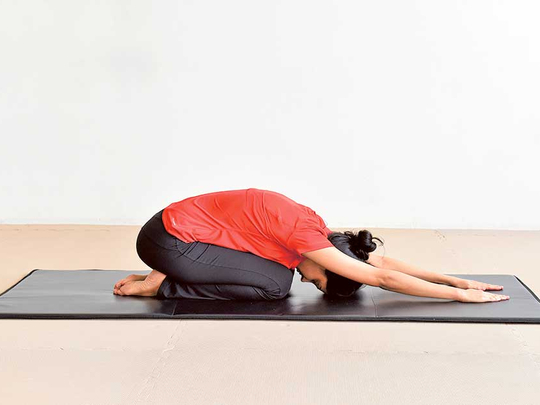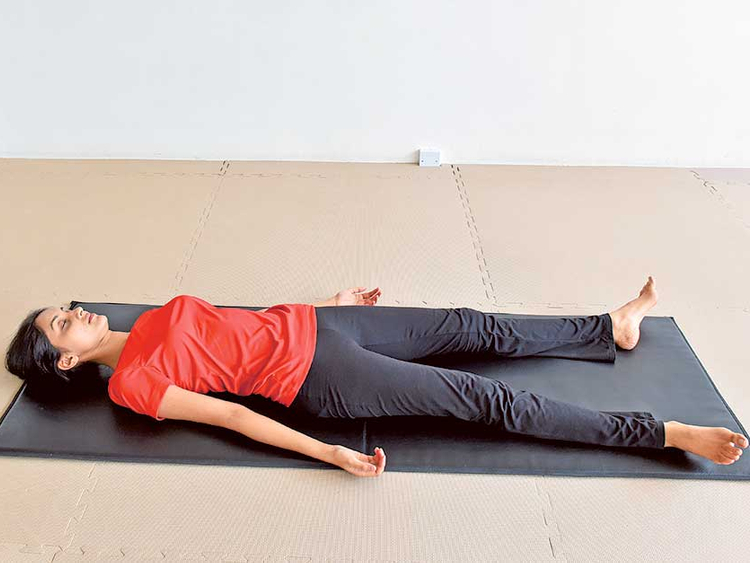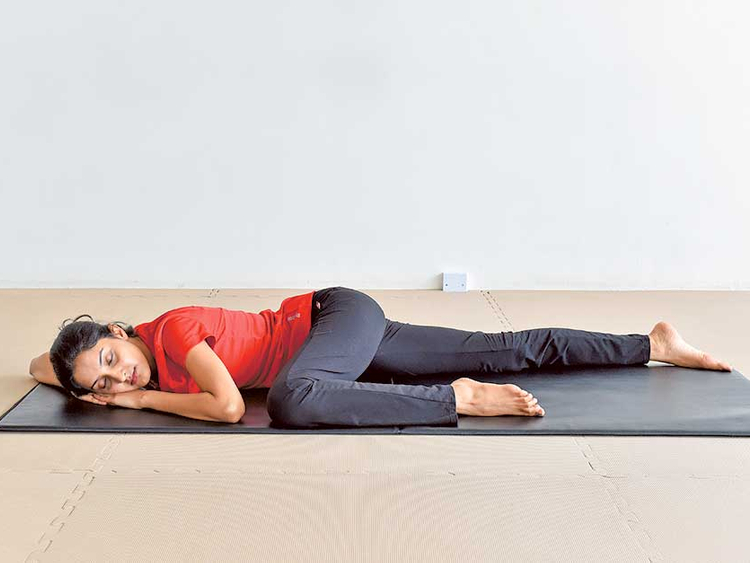
Last week, we looked at the impact of how and what we eat on ageing. Another important aspect of age reversal is sleep. Stress results in an inability to rest and properly nourish the body, which results in the build-up of toxins and imbalance of hormones, leading to more stress and rapid ageing. Research has shown a positive relationship between sleep quality, survival and successful ageing in centenarians, indicating the importance of healthy sleep habits for longevity.
The hormone responsible for sleep
The human body is set to a circadian rhythm, which is an internal clock that plays a critical role in sleep and waking cycles. Melatonin, the hormone secreted by the pineal gland in the brain, helps regulate other hormones and maintains the body’s circadian rhythm. When it is dark, the body produces more melatonin. When there is light, the production of melatonin drops. Being exposed to bright lights in the evening, or too little light during the day, can disrupt the body’s normal melatonin cycles — for example, working on late shifts or jet lag.
Melatonin also plays a role in the other body functions: it controls the timing and release of female reproductive hormones; and the antioxidant and anti-inflammatory properties of melatonin can help lower blood pressure, improve lipid profile and fight several diseases. Melatonin can also help deal with mood swings, depression and low energy levels.
Melatonin secretion can be increased naturally. Research shows that three months of yogic practices cause an increase in melatonin in average adults. There are foods that also boost melatonin such as almonds, apple, banana, barley, milk, rice, sunflower seeds and oats, to name a few.
Quantity and quality of sleep
The correct amount of sleep for each individual varies. Some people manage on three hours a night while others feel that eight hours are not enough. The amount of daily activity influences the number of hours required. If one is very active, physically or mentally, the amount of rest needed to recoup goes up. Another aspect is quality of sleep. If one is capable of deep and restful sleep, then amount of sleep required goes down as compared to a restless sleeper or an insomniac who spends much time tossing and turning, unable to drop into the deeper levels of sleep. People worry excessively over the fact that they can’t sleep or don’t get enough rest, and this makes it even harder to sleep.
Yoga technique to sleep better
Certain breathing and meditation techniques can help improve sleep and reduce bad dreams. Ujjayi pranayama (psychic breath), found below, is one such technique.
Lie down in savasana (corpse pose).
Close the eyes and relax the whole body. Breathe slowly and deeply a few times.
Inhale into the abdomen while it expands and exhale slowly while it contracts.
Next, as you inhale, gently contract the glottis so that a soft snoring sound like the breathing of a sleeping baby is produced in the throat. Both inhalation and exhalation should be long, deep and controlled.
Practice 10-20 rounds.
Practice of the week:
Shashankasana
Savasana
Matsya Kridasana
Next week: Ageing, what yoga can do to slow the process, part three













